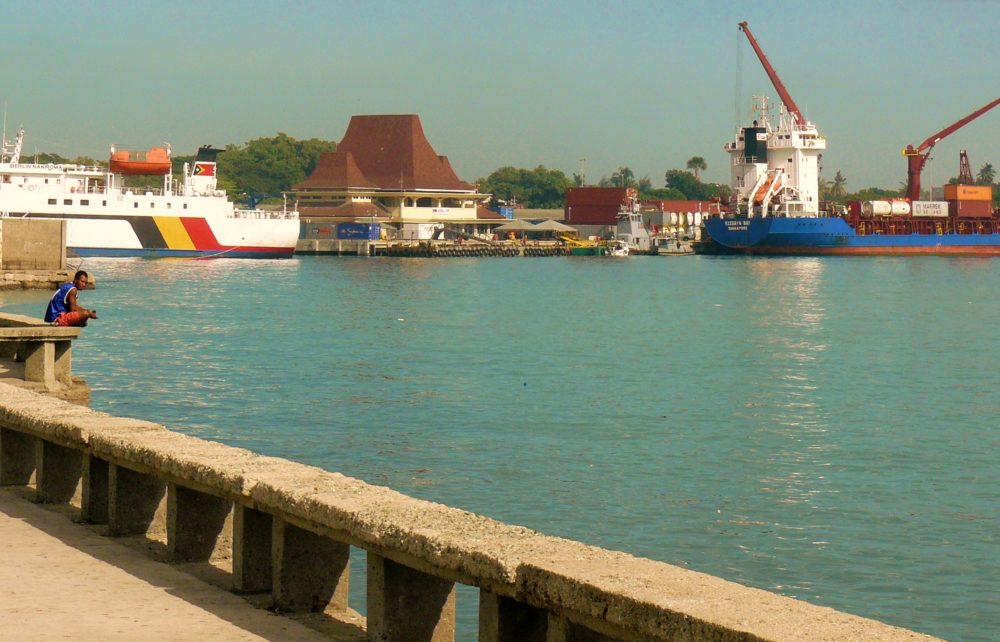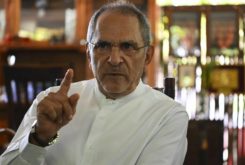Timor-Leste’s economy is expected to decline about 6% this year, recovering next year thanks to public investment, including in major port and airport infrastructure projects, according to the Economist Intelligence Unit (EIU).
In its most recent report on Timor-Leste, the EIU revised its recession forecast for the country, from 5% to 6%, due to the imposition of a new state of emergency measures between August and the beginning of the last quarter of the year.
However, it adds that the formation of a government majority with the capacity to approve a budget in parliament is a good omen for a recovery fueled by public investment.
President Francisco Guterres Lú-Olo, promulgated in late December the State Budget (OGE) for 2021, the second largest ever, which estimates a consolidated global expenditure of USD 2,029.8 million, comprising USD 1,797.2 million to the central administration, USD 127 million from the Oecusse-Ambeno special administration region (RAEOA) and USD 177.6 million for social security.
During the next year, the Government of Timor-Leste will be authorized to make transfers from the Petroleum Fund up to an amount of USD 1,377.6 million. The accounts for next year represent a 21% increase in total expenditure compared to 2020.
According to the EIU, GDP growth will recover to 2.5% in 2021, supported by government efforts to boost the non-oil economy and taking advantage of the recovery in the global economy. In 2022, GDP growth is expected to increase to 3%.
The EIU foresees public investment focused on agriculture, tourism and social sectors, in addition to infrastructures such as the Tibar deep water port project, with completion scheduled for 2021. The port of Tibar, whose construction is in charge of China Harbor Engineering Co., will have an annual handling capacity of 350 thousand containers per year.
Other major projects are also expected to continue, such as the rehabilitation of the country’s second largest airport, in Baucau, to receive charter flights, which should help boost local tourism.
The project for a petrochemical complex on the south coast of the country is being reevaluated, and may receive less investment, according to the EIU.
Nevertheless, the report says, public investment spending will continue to drive GDP growth.
As for the government’s plans for the exploration of hydrocarbons in the Timor Sea, doubts remain about the exploration of the Bayu-Undan field.
2020 was marked by the end of a long political stalemate in Dili, which led to the rejection of the State Budget (OGE), making it difficult to implement response measures to the pandemic.
The country spent most of the year closed to the outside, with restrictions on entry, mandatory quarantine, leaving outside the country a significant share of foreigners who work and live in the country.




